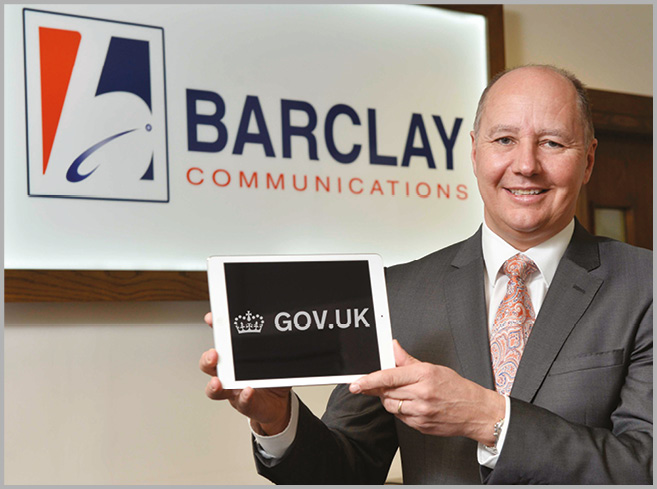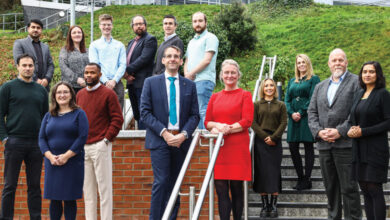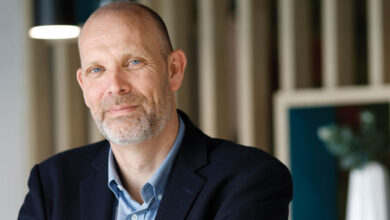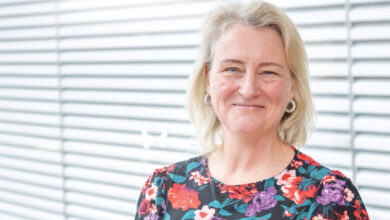Barclay Communications awarded on Government Framework for Digital Marketplace


Barclay Communications, including its sister company, WorkPal, has been awarded a place on the Government Framework for the Digital Marketplace, allowing over 36,000 public sector buying organisations to avail of their products.
Public sector organisations including authorities, district councils, devolved administrations, agencies and arm’s length bodies such as the NHS, universities and the police and fire service can use the Digital Marketplace to find and buy digital-based products such as converged mobile and landline VOIP solutions, Microsoft 365 and MacAfee. Included in this is Barclay Communications own workflow management system WorkPal, a mobile and desktop app which streamlines workflow, with job management, time tracking, job reports and invoicing all from the palm of your hand.
The Digital Marketplace creates greater opportunities for suppliers and buyers to establish new trading partnerships, both within and across supply chains. With the availability, price and stock level all accessible in an open environment, the Digital Marketplace allows for a greater sense of transparency in the purchasing process. Furthermore, time constraints and different office hours for international trade are no longer issues as it’s possible to operate on an around the clock basis.
Britt Megahey, Managing Director of Barclay Communications, says: “Local government and wider public sector organisations are at the front-line of public service delivery. It’s imperative for them to have access to the right technology and digital capability to ensure that there are great digital services available to citizens.
“The Digital Marketplace opens up an additional sales channel to market and enables us to offer competitive pricing compared to other sales channels. We’re particularly excited about our sister company, WorkPal, and the opportunities the Digital Marketplace provides for this.”
Barclay Communication’s sister company, WorkPal, is a mobile and desktop app which streamlines workflow. Mobile workers have access to customised job sheets from the mobile app, can be guided through their task and have the ability to report back instantaneously on the progress. Once a job is completed, WorkPal allows for speedy invoicing, even from out in the field. The end-to-end process management ensures that the accounts department is completely integrated with field workers and everyone in between.
Megahey continues: “It’s a huge achievement that Barclay Communications, including WorkPal, has been awarded supplier status on the Government Framework, helping to cut down procurement time with this faster and easier to use service. Buyers no longer need to carry out lengthy tender processes as the frameworks on the Digital Marketplace are fully compliant with procurement regulations.
“Suppliers across the country have seen large increases in their turnover and workforce with new jobs being created locally as a direct result of the sales they have made through the Digital Marketplace. We are in the middle of another prosperous year at Barclay Communications as we celebrate our 20th year in business, and are delighted to have been accepted on the Government Framework in this time.”

Barclay Communications
T: 028 9096 0366
E: info@barclaycomms.com
W: barclaycomms.com





